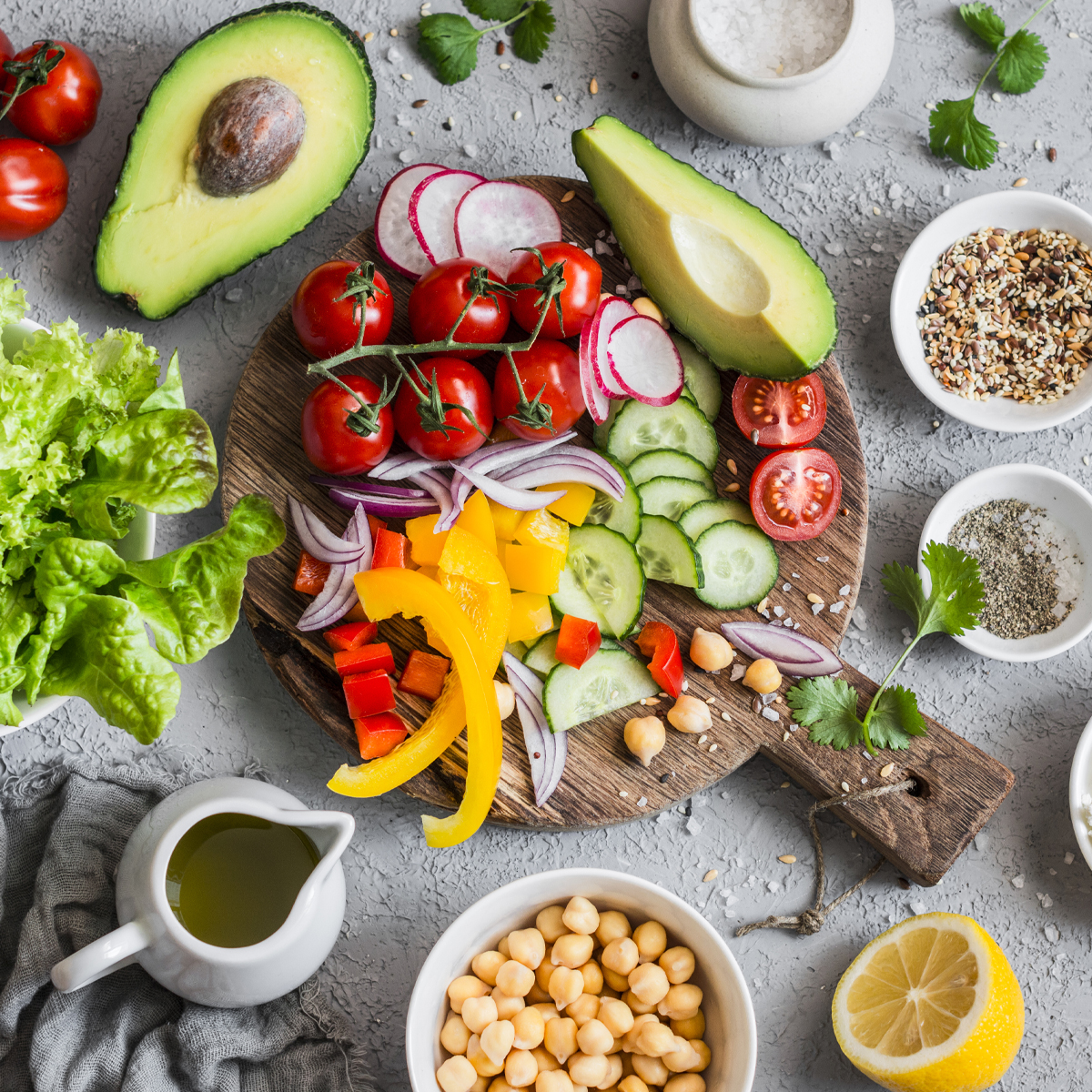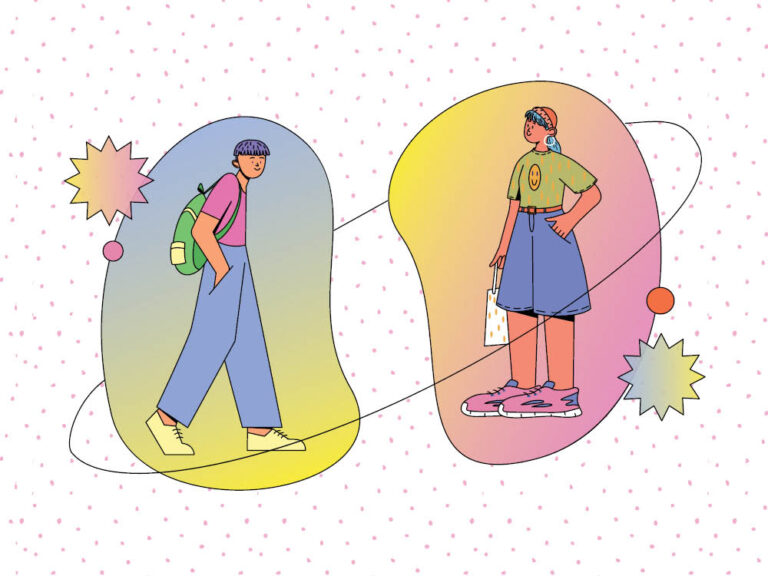
Support your mental health with these nourishing superfoods
Picture this: you have two cars. You fuel car A with premium petrol, and car B with the cheapest petrol on the rack. Which car do you think is going to have a smoother and more efficient drive with consistent power?
If you chose car A, you’d be correct.
Consider this – your brain, like car A, thrives on premium fuel, which we human folks tend to call food. The food you fuel your brain with impacts the way your brain is structured. Food also plays a role in how well the brain can function, contributing to the state of your mental health.
When it comes to mental health, a crucial thing to acknowledge is that conditions such as depression and anxiety are multifactorial. Certain factors, like genetic predispositions, life changes, and childhood trauma, cannot easily be changed; this is why it’s vital to think about the elements we can modify, such as diet and gut health.
Eating a predominantly unprocessed diet that’s rich in vitamins, antioxidants, and minerals provides your brain with the greatest opportunity to function at its best. Conversely, low-premium petrol (we’re looking at you, refined sugars and takeaway foods) can cause inflammation and oxidative stress in the brain, which inhibit its ability to function optimally.
The gut and the brain
The gut and brain are intricately linked via the gut-brain axis. An imbalanced gut microbiome can damage our gastrointestinal tract. If this occurs, the hormones and chemicals that travel back and forth from the gut to the brain can become disrupted and cause inflammation, which can negatively impact our metal health.
The gut and the brain also both produce chemicals called neurotransmitters which create different feelings and emotions. Many neurotransmitters, including gamma-aminobutyric acid (GABA) which controls feelings of anxiety and fear, are made in the gut. Plus, 95% of serotonin, which is usually referred to as our “happy hormone”, is produced in the gut lining. So, the state of your gut health can control emotions, anxiety and fears.
How can we eat for mental health?
Prioritise your gut
We carry up to 3 kilograms of undiscarded waste in our digestive system. If uncleared, the waste inhibits nutrient and hydration absorption. In turn, this could lead to lower feelings and lethargy. However, if you keep the microbiome balanced with good bacteria, good nutrients will find their way through and into your body. And, just as importantly, the not-so-good nutrients and bacteria will be evacuated the natural way. If you’re looking for that extra little boost, Love Your Gut Powder or Fulvic Humic Concentrate for leaky gut and increased energy can help.
Emerging research indicates that a healthy diet can improve the gut and, therefore, mental health. So, eat an abundance of vegetables, whole grains, legumes, fruit, lean protein, and healthy fats. If your gut is strong, try optimising your gut health by introducing fermented foods such as sauerkraut, kombucha and kefir.
Limit caffeine
I hate to be the bearer of bad news, but overconsuming caffeine intensifies the stress response. If you do drink coffee, I recommend cutting down to one before midday. If you love the ritual of a coffee break, try swapping out your coffee with a herbal tea.
Stay hydrated
Have you ever felt drowsy at your desk like you want to fall asleep mid-afternoon? Some of the first symptoms of dehydration are fatigue and lightheadedness. If those sound familiar, you’re likely not drinking enough water. Drinking at least eight glasses of water a day will help to combat dehydration and brain fatigue.
Eat protein-rich meals regularly
While it’s great to fuel your car with premium petrol, you can’t do it once and expect your car to run smoothly for the rest of its life. To enable you to sustain your energy and balance your mood, eating a protein-rich meal every three to four hours can help. You can do this by incorporating 20 grams of protein at every meal, which may look like two eggs, half a small block of tofu, or a palm-size serving of fish.
Nutrients for mental health
There are several nutrients your body requires to function, and some are specifically beneficial for supporting mental health. These include:
Magnesium
What does it do: Magnesium plays a crucial role in regulating the hypothalamic-pituitary-adrenal axis (HPA axis), which is essential in managing the body’s response to stress. Multiple clinical trials have shown that magnesium supplementation reduces anxiety symptoms. Plus, it’s required in creating neurotransmitters, such as GABA and serotonin.
Where can you find it?
- Avocado
- Banana
- Cocoa
- Dark leafy green vegetables such as spinach, kale, or rocket
- Oats
- Parsnips
Vitamin B6
What does it do? Vitamin B6 is required to produce GABA and serotonin, melatonin, and dopamine. Vitamin B6 also helps build amino acids, which are the building blocks of protein and essential hormones.
Where can you find it?
- Bananas
- Chickpeas
- Fish
- Potatoes
Zinc
What does it do? An imbalance of zinc in the brain is commonly related to neurological conditions. Zinc is also often prescribed to alleviate mood swings in women with PMS, as it supports progesterone production.
Where can you find it?
- Beans
- Chickpeas
- Eggs
- Lentils
- Nuts
- Oysters
- Seeds
- Soy products
Omega 3
What does it do? Neurons in the brain are responsible for processing and transmitting messages that help the body function optimally. Neurons require omega-3 to work correctly. Unfortunately, that means that an omega-3 deficiency can deprive the nervous system of what it needs and impair brain function, which can cause brain fog and cognitive decline. Omega-3 fatty acids are essential for brain and mood health.
Where can you find it?
- Chia seeds
- Flaxseed oil
- Flaxseeds
- Oily fish such as salmon, herring, and mackerel
- Walnuts
- Hemp seeds
For more tips on supercharging your gut to help you thrive and nurture that beautiful inner-ecosystem of yours, visit Supercharge Your Gut.



















